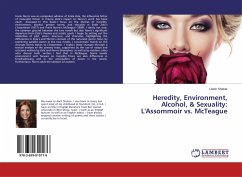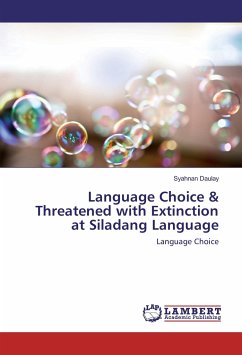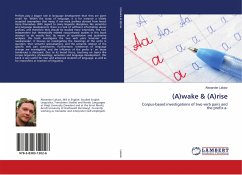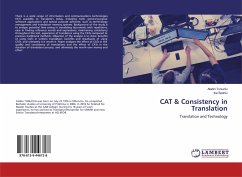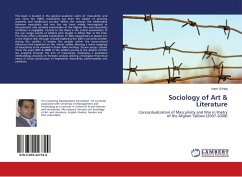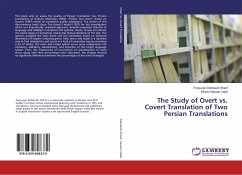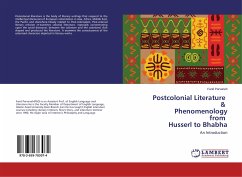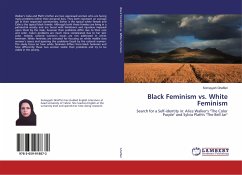Frank Norris was an outspoken admirer of Emile Zola, the influential father of naturalist fiction in France. Zola's impact on Norris's work has been much discussed. In this book,I focus on the themes of heredity, environment, alcohol, gender norms, and sexuality in Emile Zola's L'Assommoir (1877) and Frank Norris's McTeague (1899). I clarify not only the common ground between the two novels but also Norris's significant departure from Zola's themes and artistic goals. I begin by setting out the similarities of plot, scene, structure, and character, highlighting the differences in Zola's and Norris's concept of the naturalist genre. Next, by examining parallel scenes in the two novels, I concentrate mainly on the changes Norris makes to L'Assommoir. I explain these changes through a textual analysis of the primary texts, supported by the use of essays and criticisms written by Zola and Norris themselves, as well as by modern critics who discuss both writers. I find that in McTeague, Norris avoids environment and focuses on heredity. There are also differences in foreshadowing and in the anticipation of doom in the novels. Furthermore, Norris adds the element of avatism.
Bitte wählen Sie Ihr Anliegen aus.
Rechnungen
Retourenschein anfordern
Bestellstatus
Storno

